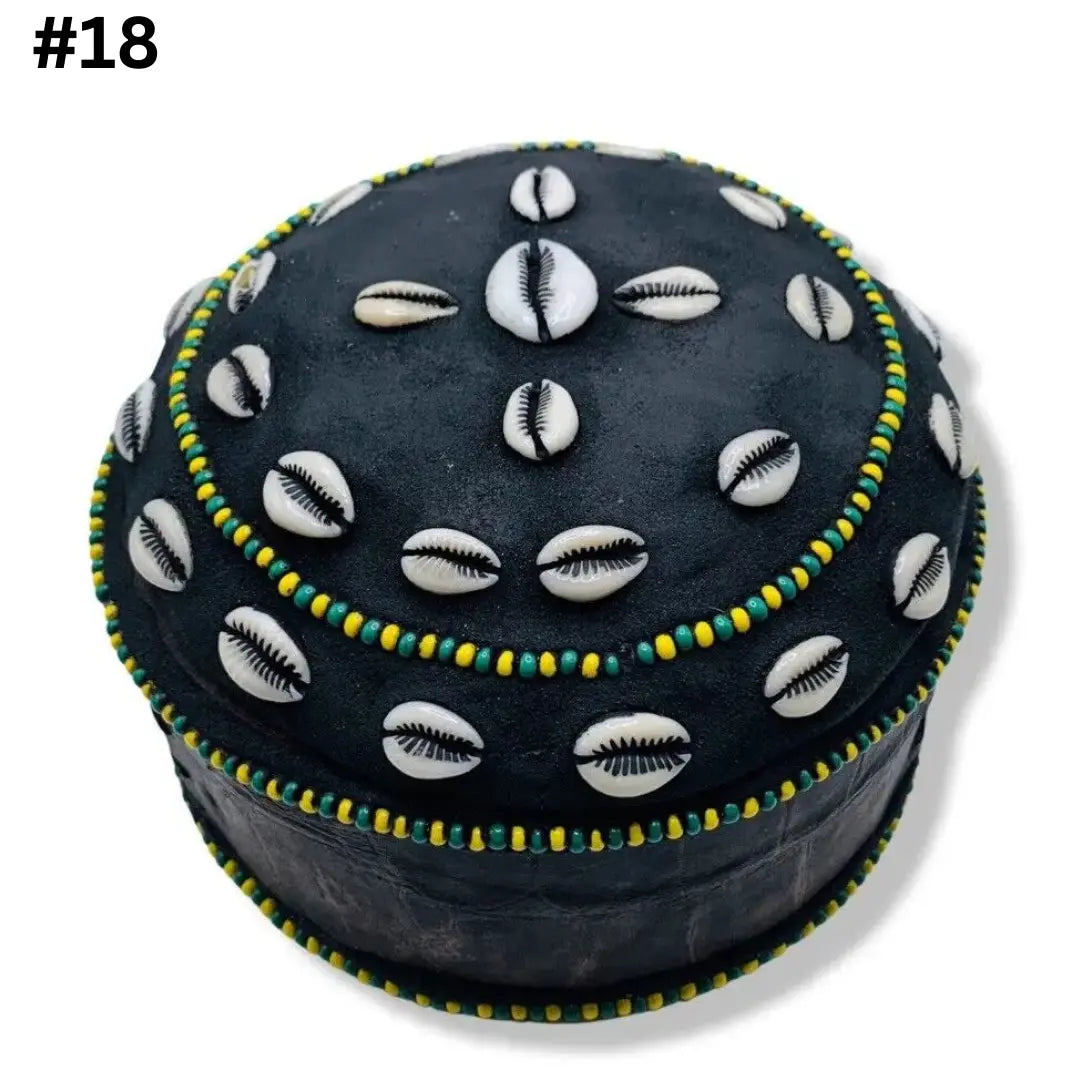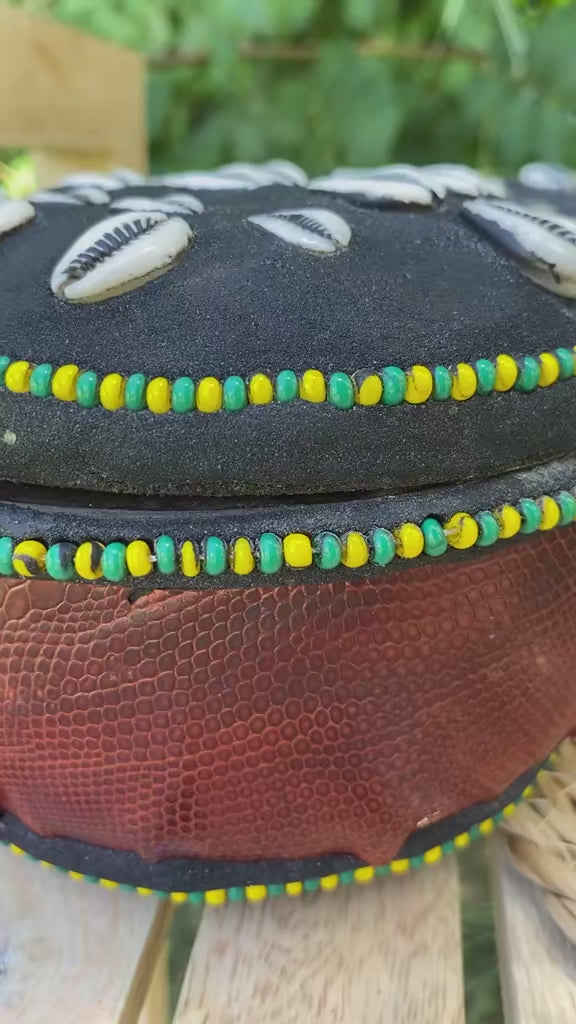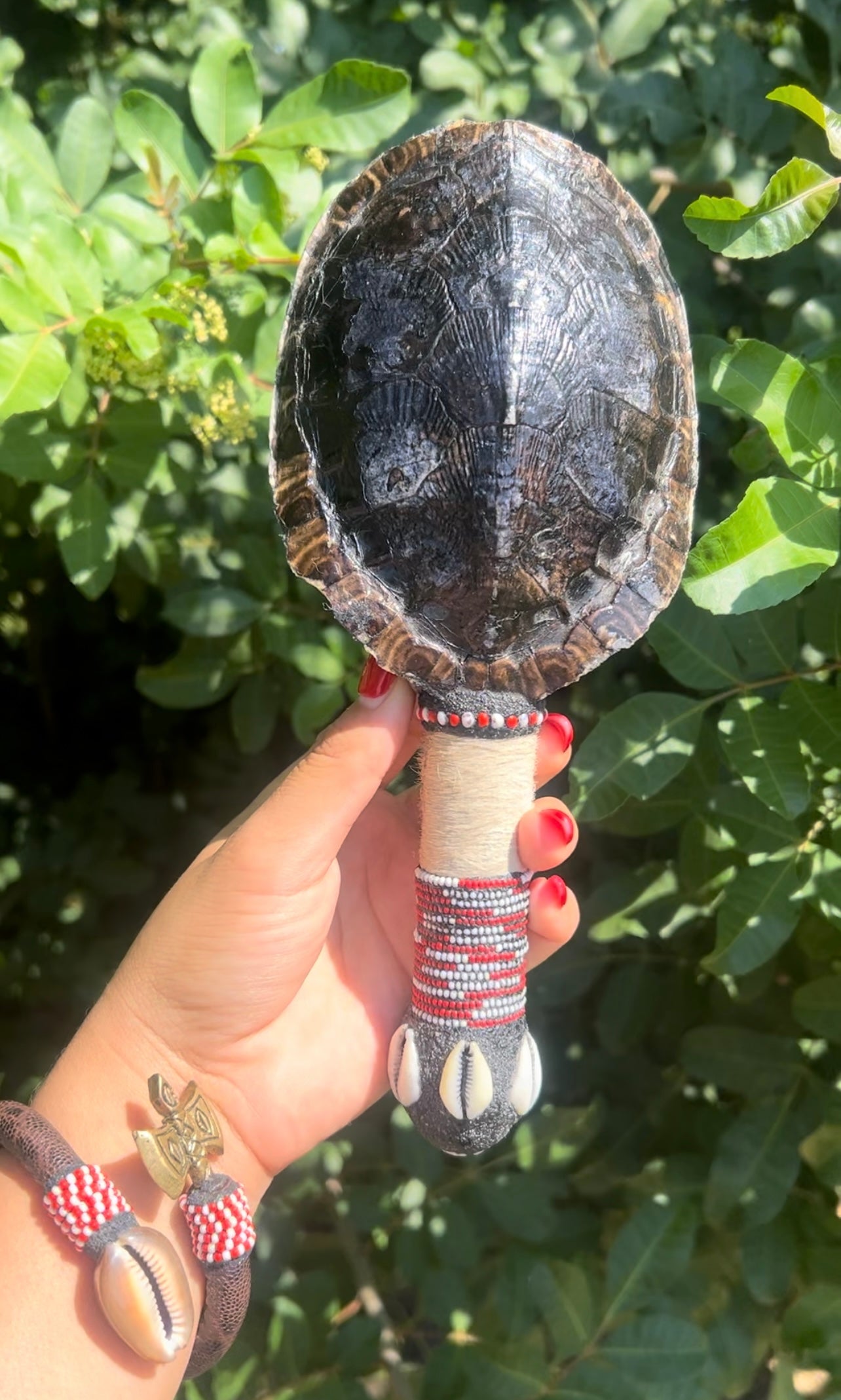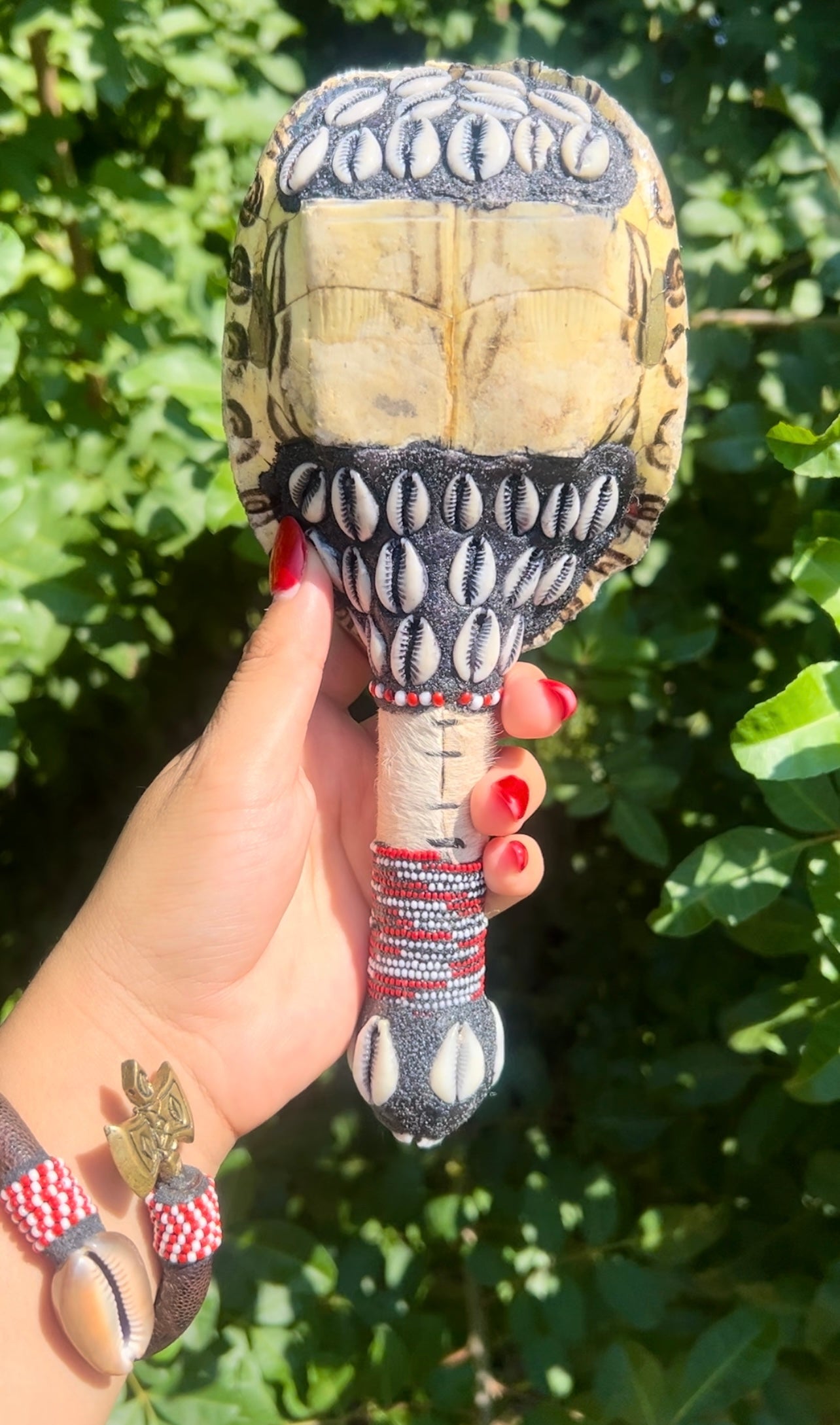Título del Blog / Blog Title
Ogún: El Señor del Hierro y el Progreso
Ogún: The Lord of Iron and Progress
Pestañas para Idiomas / Language Tabs
Español
Introducción
Ogún, uno de los Orishas más reverenciados en la tradición Yoruba, encarna la fuerza del hierro, la guerra y el progreso humano. Su energía dinámica ha guiado a los pueblos desde tiempos ancestrales hasta la modernidad.
Cuerpo Principal
Orígenes y Significado Espiritual
Los orígenes ancestrales de Ogún
En la mitología Yoruba, Ogún fue el pionero que abrió caminos para los Orishas y los humanos, utilizando su machete sagrado para conquistar la naturaleza y establecer civilizaciones. Este rol lo vincula directamente con la metalurgia, un arte que enseñó a las primeras comunidades para transformar sus vidas.
El significado de Ogún en la cosmología Yoruba
Ogún simboliza la energía transformadora que conecta el mundo espiritual con el material. Como "Señor del Hierro", su presencia es esencial para la evolución y el progreso, tanto físico como espiritual.
Atributos y Dominios de Ogún
El hierro y la metalurgia
Ogún es el maestro de la metalurgia, patrono de herreros y artesanos. Su dominio sobre el hierro representa la capacidad humana de moldear herramientas que transforman el mundo.
La guerra y el combate
Aunque Ogún es un guerrero, su energía no se limita a la lucha física; también representa la superación personal y la determinación para enfrentar desafíos.
La tecnología y el progreso
Ogún es el espíritu detrás de todas las innovaciones tecnológicas, adaptándose a los tiempos modernos al influir en automóviles, maquinaria y computadoras.
Símbolos y Representaciones
Colores y números sagrados
El verde y el negro son los colores de Ogún, simbolizando la naturaleza y la transformación. El número 7 es su número sagrado, representando sus múltiples caminos y energías.
Herramientas y objetos rituales
El machete y otras herramientas de hierro son símbolos centrales en su culto, reflejando su poder sobre la creación y la destrucción.
Rituales y Ofrendas
Ceremonias principales
Las ceremonias para Ogún suelen incluir cantos, danzas y ofrendas realizadas en espacios abiertos, especialmente cerca de fraguas o herramientas metálicas.
Alimentos y bebidas sagradas
Ogún prefiere ofrendas como ñame, aguardiente, y aceite de palma, que representan su energía vital y su conexión con la tierra.
Ogún en el Mundo Contemporáneo
Influencia en la cultura moderna
Ogún permanece relevante, simbolizando la conexión entre la tradición y el progreso tecnológico. Su culto se adapta a los tiempos modernos sin perder sus raíces espirituales.
Preservación de las tradiciones
Los devotos mantienen vivas las tradiciones de Ogún mientras incorporan nuevos contextos culturales y tecnológicos.
Conclusión
Ogún es una fuerza eterna de transformación, progreso y equilibrio. Desde la forja del hierro hasta las tecnologías del siglo XXI, su energía guía a la humanidad hacia un futuro iluminado por la sabiduría ancestral.
Llamado a la Acción
Explora nuestra colección de herramientas y artefactos dedicados a Ogún, ideales para profundizar tu conexión espiritual.
English
Introduction
Ogún, one of the most revered Orishas in Yoruba tradition, embodies the power of iron, war, and human progress. His dynamic energy has guided people from ancestral times to modernity.
Main Body
Origins and Spiritual Meaning
The ancestral origins of Ogún
In Yoruba mythology, Ogún was the pioneer who carved paths for the Orishas and humans, using his sacred machete to conquer nature and establish civilizations. This role ties him directly to metallurgy, an art he taught early communities to transform their lives.
The meaning of Ogún in Yoruba cosmology
Ogún symbolizes the transformative energy connecting the spiritual and material worlds. As the "Lord of Iron," his presence is essential for evolution and progress, both physical and spiritual.
Attributes and Domains of Ogún
Iron and metallurgy
Ogún is the master of metallurgy, patron of blacksmiths and artisans. His mastery over iron represents humanity's ability to forge tools that transform the world.
War and combat
Though Ogún is a warrior, his energy is not confined to physical combat; it also represents personal growth and determination to overcome challenges.
Technology and progress
Ogún is the spirit behind all technological innovations, adapting to modern times by influencing cars, machinery, and computers.
Symbols and Representations
Sacred colors and numbers
Green and black are Ogún's colors, symbolizing nature and transformation. The number 7 is sacred to him, representing his many paths and energies.
Tools and ritual objects
The machete and other iron tools are central symbols in his worship, reflecting his power over creation and destruction.
Rituals and Offerings
Major ceremonies
Ceremonies for Ogún often include chants, dances, and offerings performed in open spaces, especially near forges or metal tools.
Sacred foods and drinks
Ogún favors offerings like yams, liquor, and palm oil, which represent his vital energy and connection to the earth.
Ogún in the Contemporary World
Influence in modern culture
Ogún remains relevant, symbolizing the connection between tradition and technological progress. His worship adapts to modern times without losing its spiritual roots.
Preserving traditions
Devotees keep Ogún's traditions alive while incorporating new cultural and technological contexts.
Conclusion
Ogún is an eternal force of transformation, progress, and balance. From iron forging to 21st-century technologies, his energy guides humanity toward a future illuminated by ancestral wisdom.










